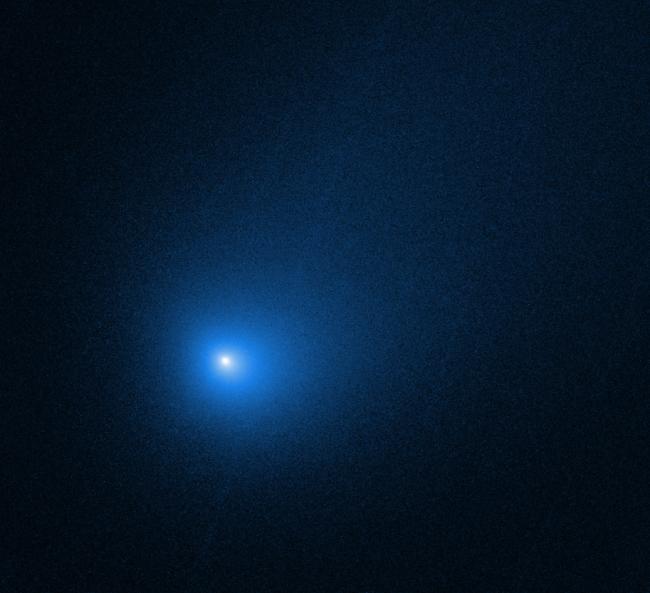
Key Developments
- NASA’s Perseverance rover captured 3I/ATLAS over Mars—its profile reminiscent of 2019’s Borisov but far more massive and faster.
- Unlike Borisov’s uniform, icy composition, 3I/ATLAS shows irregular density and potential metallic layering.
- The Vera C. Rubin Observatory’s new detection system could soon confirm just how rare—or common—such alien travelers are.
USA HERALD – When the world saw its first interstellar visitor, Comet 2I/Borisov, in 2019, the excitement was palpable. A rogue comet from another star system, streaking through the solar system at 110,000 mph, Borisov was our first verified glimpse of matter that didn’t originate here.
Now, six years later, NASA’s latest stacked imagery from the Perseverance rover’s Mastcam-Z has revealed the faint silhouette of another visitor—3I/ATLAS—gliding over the Martian sky at nearly 130,000 mph. At first glance, the image bears a striking resemblance to Borisov.
But beneath that surface similarity lies a story of profound difference.


